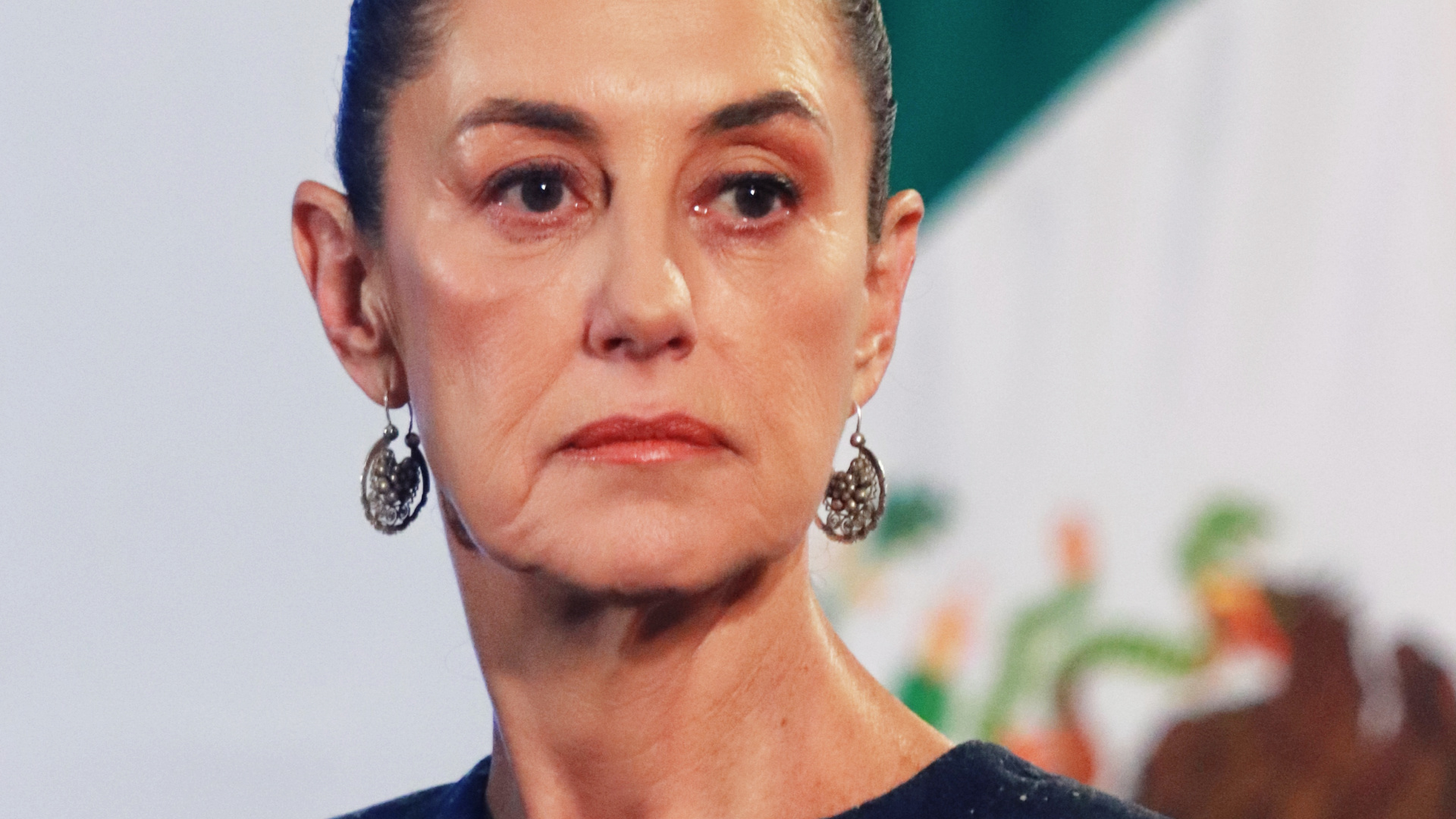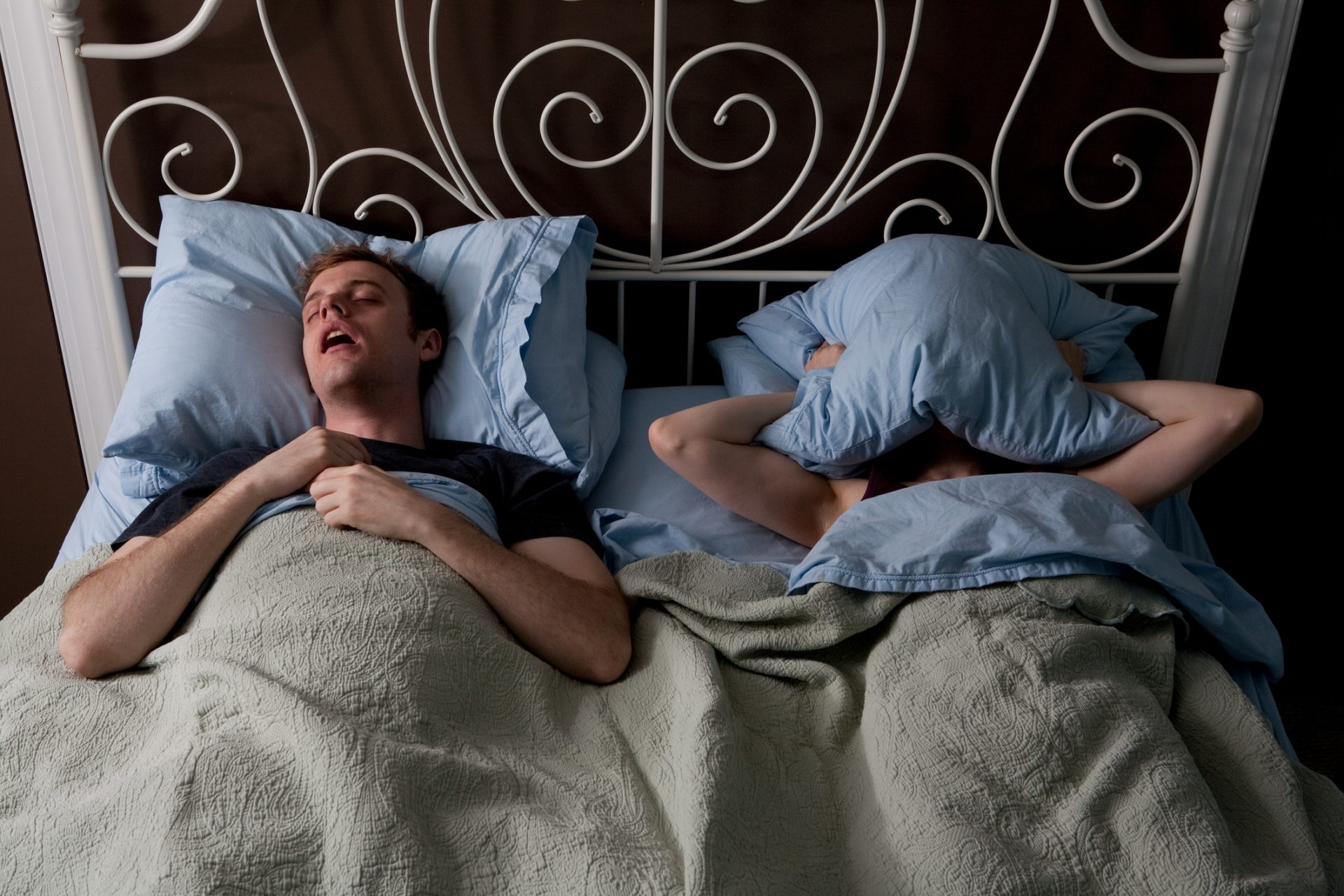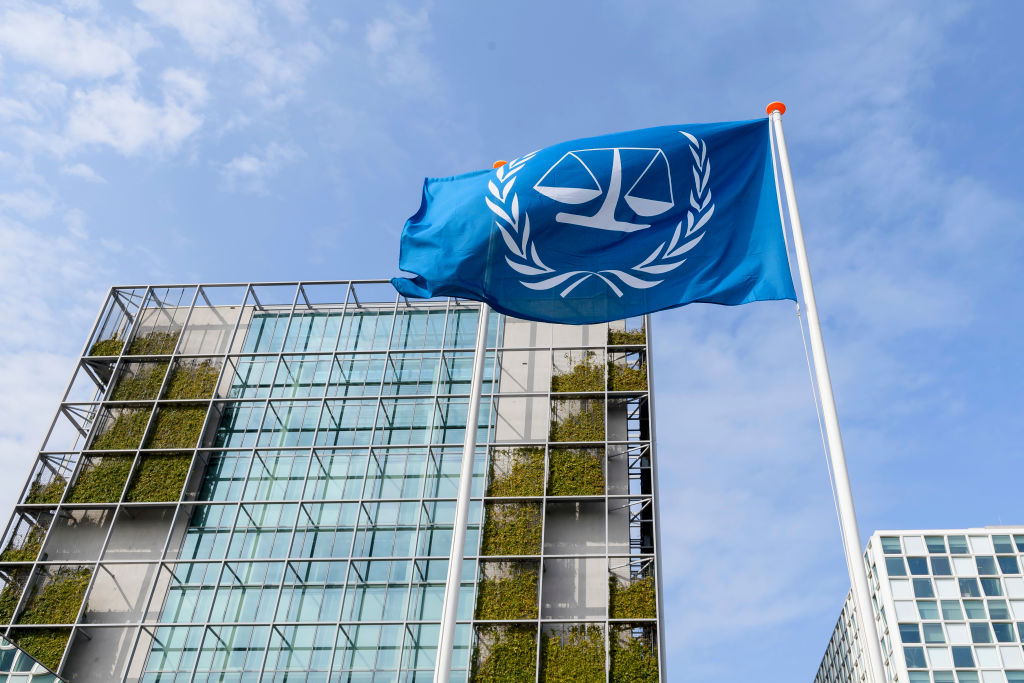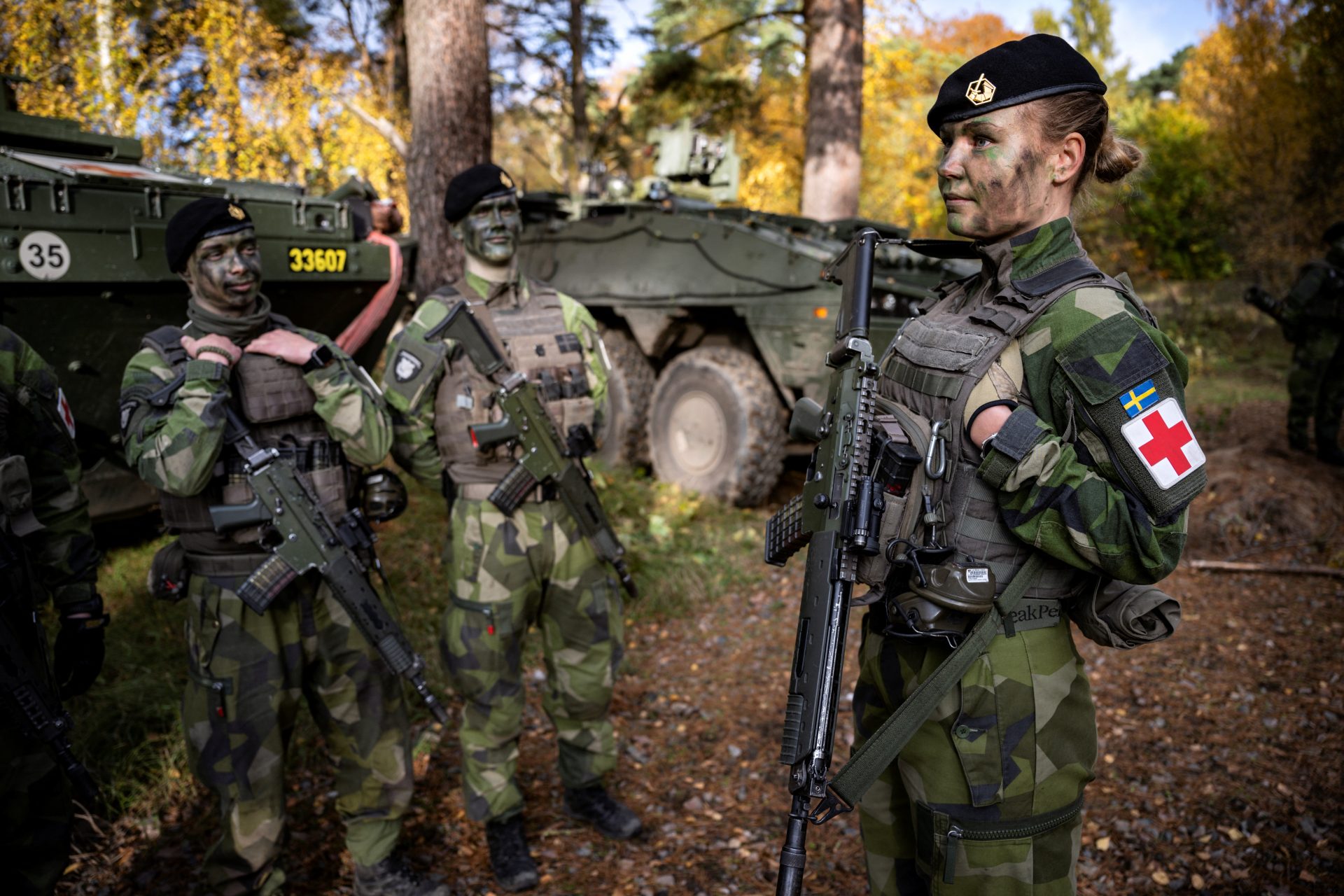WNBA star Brittney Griner has been transferred to a Russian penal colony
US basketball star Brittney Griner was transferred last week from a detention center outside the Russian capital and is on her way to a penal colony, her legal team revealed on November 9, 2022.
On August 4th, a Russian court sentenced her to nine years in prison, nearly six months after authorities found cannabis oil in her bag at a Moscow airport. Ten days later, her lawyers appealed her conviction, but in earlier November, it was denied.
The Biden administration, who classifies Griner as “wrongfully detained”, offered Russia a prisoner exchange in June, in order to secure Griner’s release, as well as Paul Whelan’s, another American detained in Russia, pictured.
The U.S. offered to release Viktor Bout (pictured), a convicted Russian arms trafficker serving a 25-year prison sentence in the U.S. in exchange for Griner and Whelan. However, Russia has yet to respond to this offer.
Griner’s exact whereabouts nor her final destination are known, the legal team said in a statement, adding that in line with Russian procedures, her attorneys as well as the US embassy should be notified upon her arrival at the penal colony.
Russian penal colonies are prison labor camps that are essentially the remnants of the Soviet Union's infamous Gulag system, an acronym for Glavnoe Upravlenie Lagerei, or Main Camp Administration.
Griner will be sent to one of the 35 all-women penal colonies in Russia, although they haven’t revealed which one. Each facility varies in its reputation and treatment of inmates, based on its geographic location and its leadership structure.
Some, like prison colony No. 14 in Mordovia, are notoriously brutal. Inmates there have been said to live among rats, lose fingers while working 17-hour days at sewing machines, and be forced to watch guards burn kittens alive.
And while other facilities aren't known to be quite as harsh, there are several disturbing commonalities across the penal system. Dilapidated infrastructure has been known to limit access to running water and heat, especially in more remote locations.
Prisoner hygiene is often neglected. The colonies are severely overcrowded, with most prisoners living in close quarters alongside approximately 50 other people.
Russian law dictates that each inmate should have 20 square feet of personal space, but that standard, which is even less than the requirements of the European Convention on Human Rights, is often not met in Russian facilities.
Between prisoners' close proximity to one another and lack of basic hygiene, penal colonies in Russia are known as incubators for epidemics. AIDS, tuberculosis, COVID-19, and other ailments run rampant. And women in the system are often denied medical care.
Despite criticism that the system resembled Joseph Stalin's Gulags, the Russian government reintroduced forced labor in 2016. Most women cook, clean, or sew to fulfill this requirement.
Past inmates in all-female Russian penal colonies have said that "voluntary" overtime work is actually mandatory, with guards threatening retribution if they don't sign on to work extra. As a result, some women are forced to work 16 or 17 hours a day with just four hours of sleep each night.
Torture is not unheard of at these facilities. And when it comes to abuse, "even official statistics indicate that it is practiced on a mass scale," according to commentary piece from the Centre for Eastern Studies.
It's possible that Griner could have a less harrowing experience due to the fact that she’s a famous basketball player.
Ivan Melnikov, the vice president of the Russian Department of the International Human Rights Defense Committee, told People, she may be allowed "to coach basketball in the daytime rather than being a seamstress."
People magazine also reported that such a move is not unprecedented, as Russian soccer players Alexander Kokorin and Pavel Mamayev coached inmates while they served time in one of the colonies.
But even accounting for Griner's advantage over other inmates inside the penal colony, her experience there will undoubtedly be very challenging.
In the meantime, Griner and her supporters can only place their hopes in the U.S. government, who has assured negotiations with the Russians to bring Griner home will continue “through all available channels.”
More for you
Top Stories

































